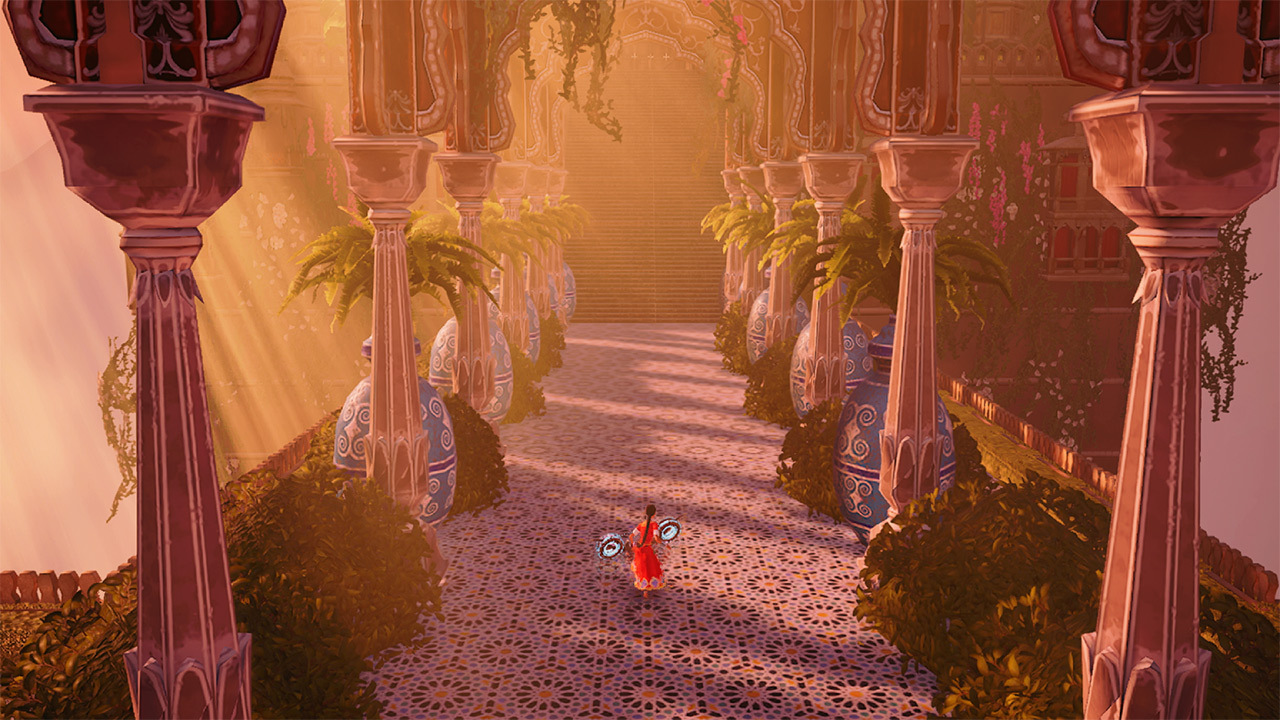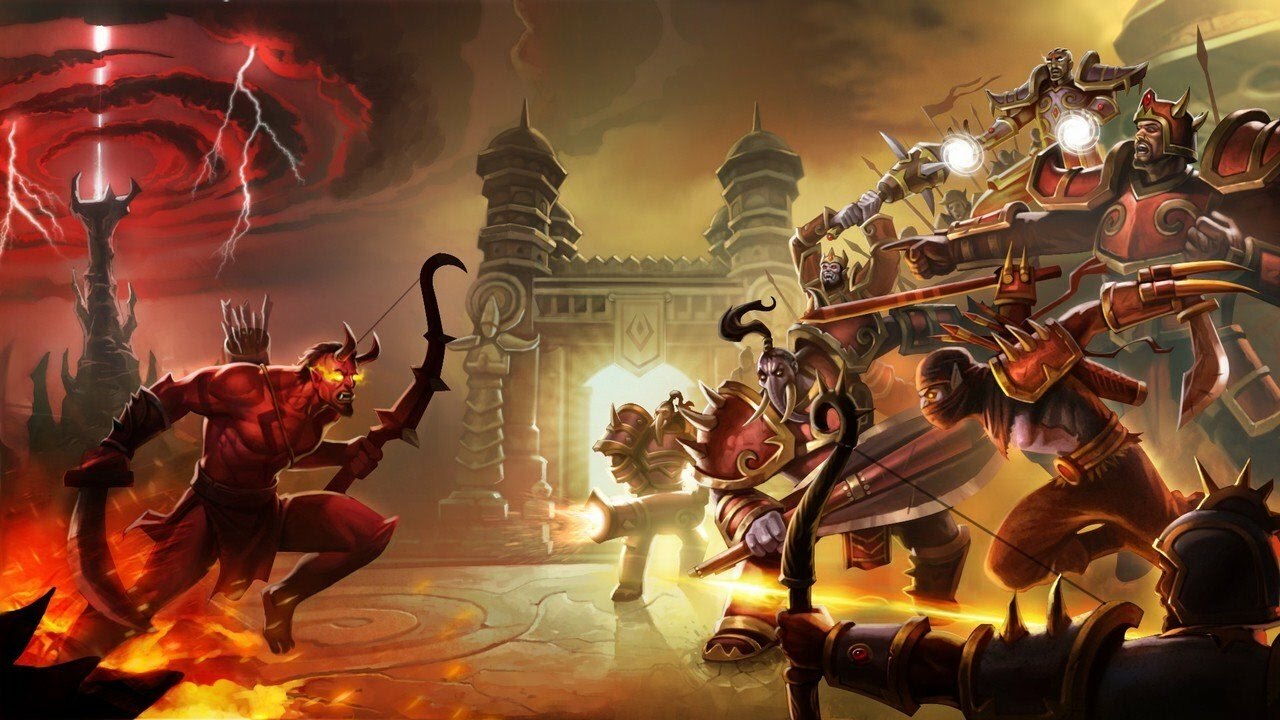Ever wonder where your favorite game genre came from? It probably started with one game that did it so well, everyone else followed. In this article we will look at some of these game-changers.
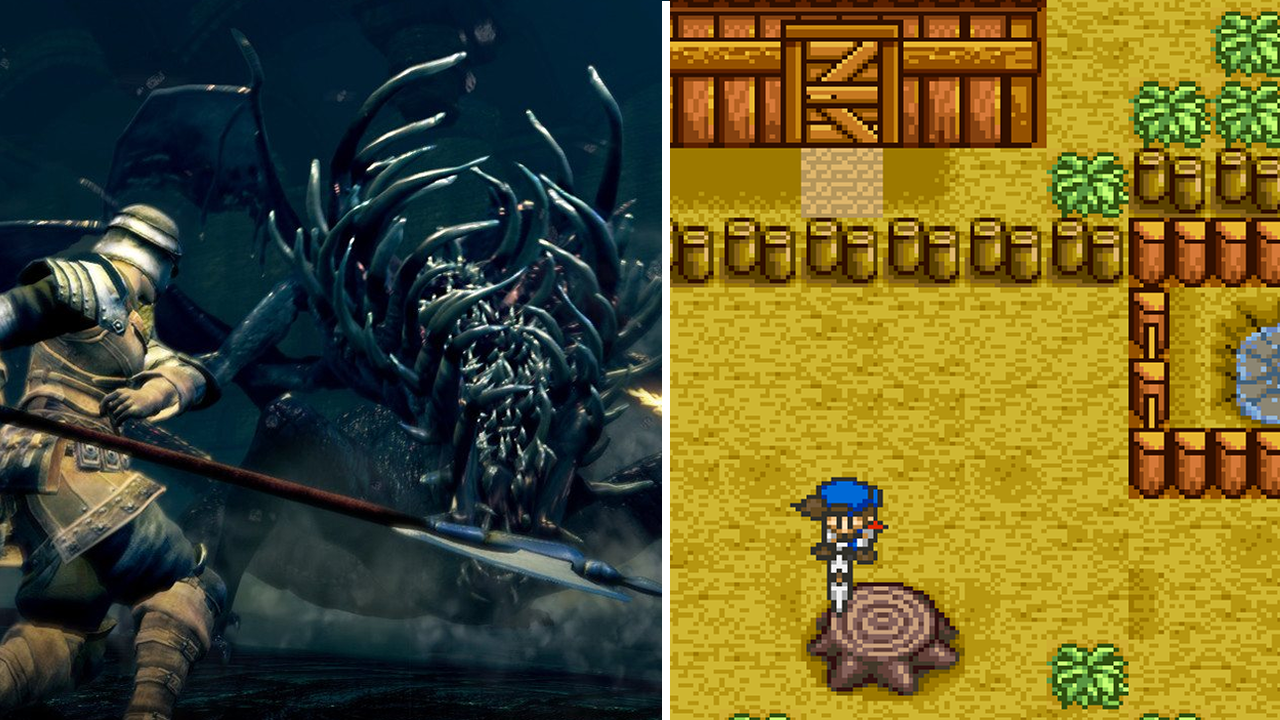
Video game genres don’t appear out of thin air.
Every now and then, a single game comes along that defines the template for future generations to come. So in this article, we tried to trace the origins of games that sparked imitators and shifted the landscape of game design in ways we still feel today.
The following games may not always be the first of their kind, but rather they were the ones that made people take notice. Given that video game genres evolve fluidly and often share features, we will focus on assigning only one game genre to each game mentioned.
Of course, this isn’t a complete catalog of every game genre out there. So if you have a favorite genre-defining game we missed, please drop it in the comments and we just might feature it in Part 2!
Platformers – Donkey Kong
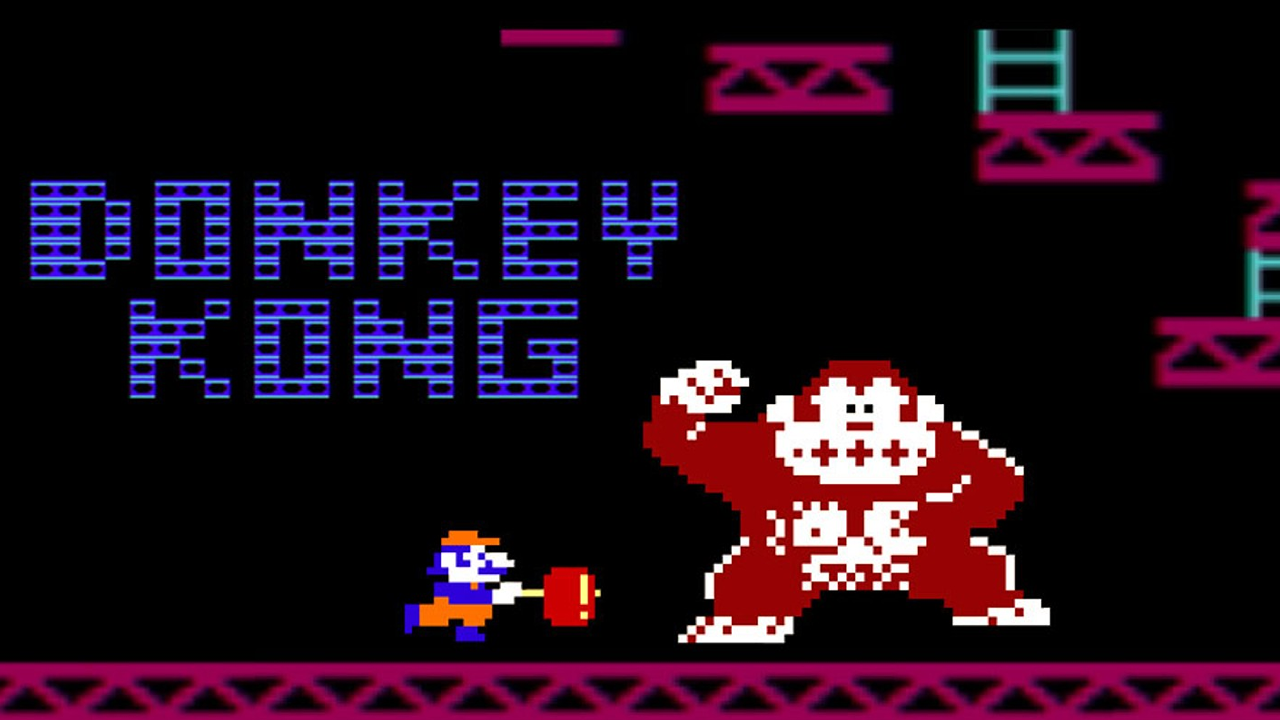
Many may not know it, but Nintendo's Mario first appeared in the game Donkey Kong (1981). Not only did the game birth one of the most iconic video game characters of all time, but it also defined an entire genre.
Donkey Kong wasn’t the first platformer (that honor may belong to Space Panic), but it set the standard for decades of jump-and-run games.
The genre took a leap (literally) into 3D with Super Mario 64.
Modern favorites like Astrobot, Hollow Knight, and Ori and the Will of the Wisps prove platformers are far from outdated and can hold their ground against other games with more realistic graphics.
Stealth – Metal Gear
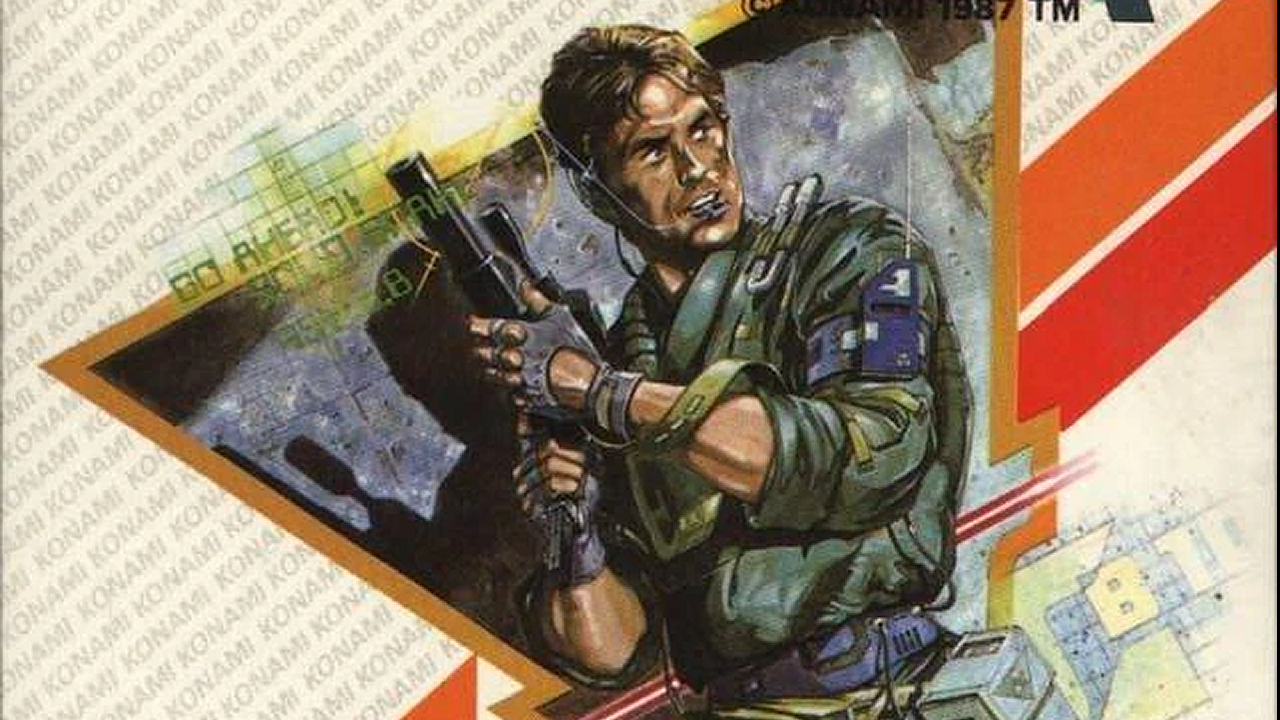
Released in 1987, Metal Gear was labeled an action game simply because “stealth” as a genre didn’t exist yet. But hiding in shadows and sneaking past guards turned out to be a game-changer.
With later games like Thief, Splinter Cell, and Hitman, the genre matured into a cat-and-mouse artform.
And yes, Pac-Man might technically count as stealth. Sort of.
Survival Horror – Alone in the Dark

While earlier titles like Sweet Home influenced the genre, Alone in the Dark gave it a form we still recognize today.
It laid the groundwork for Resident Evil (1996), which coined the term “survival horror.”
Today, the genre has evolved into action-heavy hybrids (Resident Evil 4, Dead Space) and psychological terrors like Amnesia or Outlast. But Alone in the Dark was the first to turn dread into gameplay.
Soulslike – Dark Souls-Series
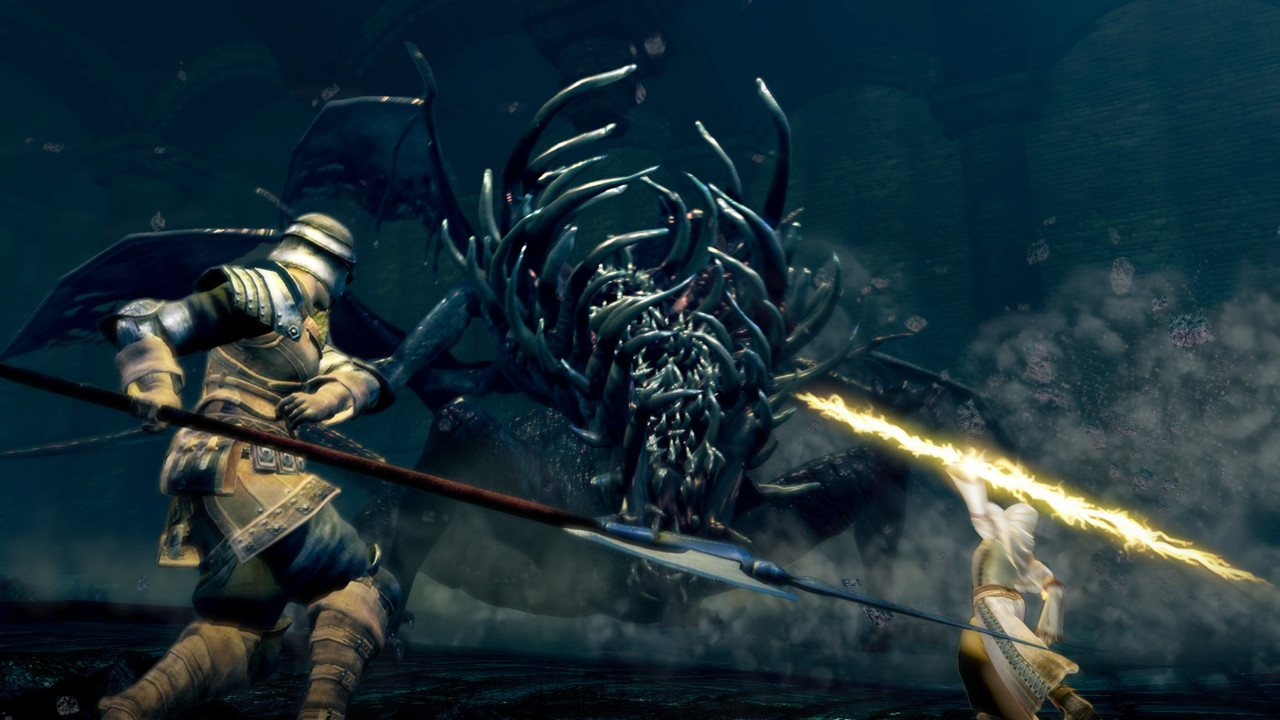
The “Soulslike” genre may be one of the most distinctively modern video game terms and it's largely thanks to Demon’s Souls (2009) and its spiritual successors, the Dark Souls trilogy.
Hard games existed before Demon’s Souls, but few made suffering feel so... meaningful.
Nowadays, the term “Soulslike” can be shorthand for “This will destroy you, and you’ll thank it.”
Roguelike – Rogue
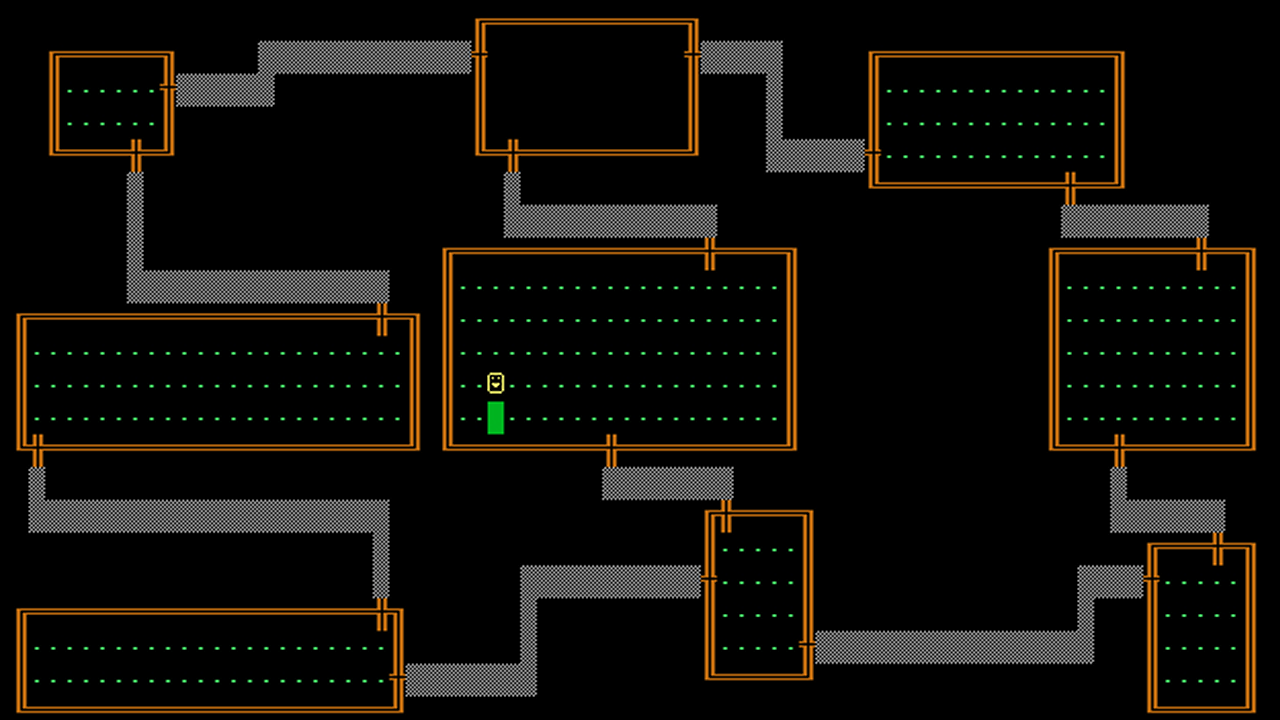
Rogue was brutally simple and endlessly replayable.
It inspired a thousand variants and defined the roguelike genre, with key traits like turn-based movement and procedural generation.
These days, roguelikes come in many flavors – they range from indie darling The Binding of Isaac to stylish runs in Hades or Dead Cells.
“One more run” culture? You can thank Rogue for that addiction. Hence the name.
Farming Sims – Harvest Moon
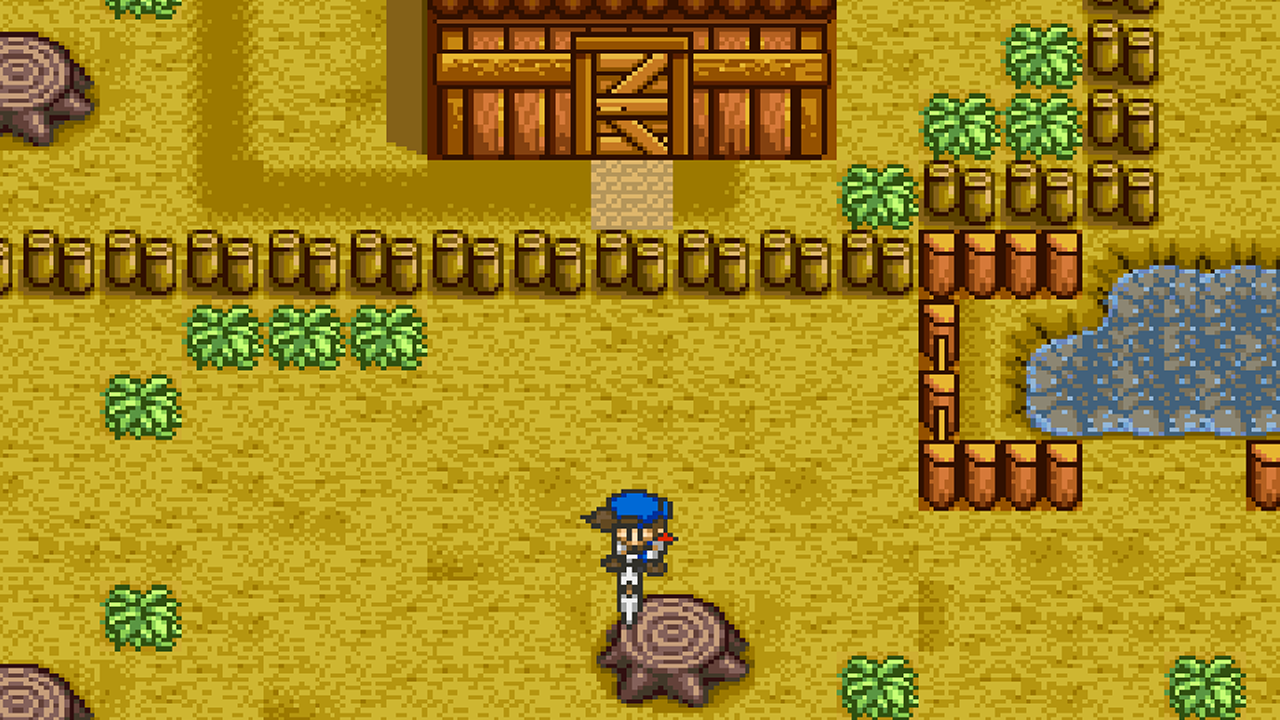
Long before cozy games became their own aesthetic, Harvest Moon charmed players with the simple joy of planting crops and wooing townsfolk.
Its influence was so lasting that for years, it was the only farming sim in the genre until indie breakout Stardew Valley brought a new generation into the field, followed by titles like Story of Seasons, Fae Farm, and Coral Island.
Who knew chores could be so therapeutic?
Sports – Pong

The one that started it all. Pong wasn’t just the first sports game – it was the first commercially successful video game.
It mimicked table tennis and proved digital sports could be just as competitive (and frustrating) as the real thing.
Today, sports sims like EA Sports FC, NBA 2K, and Football Manager offer realism and depth Pong couldn’t dream of. Still, they owe the simplistic beginnings everything.
Metroidvania – Metroid & Castlevania
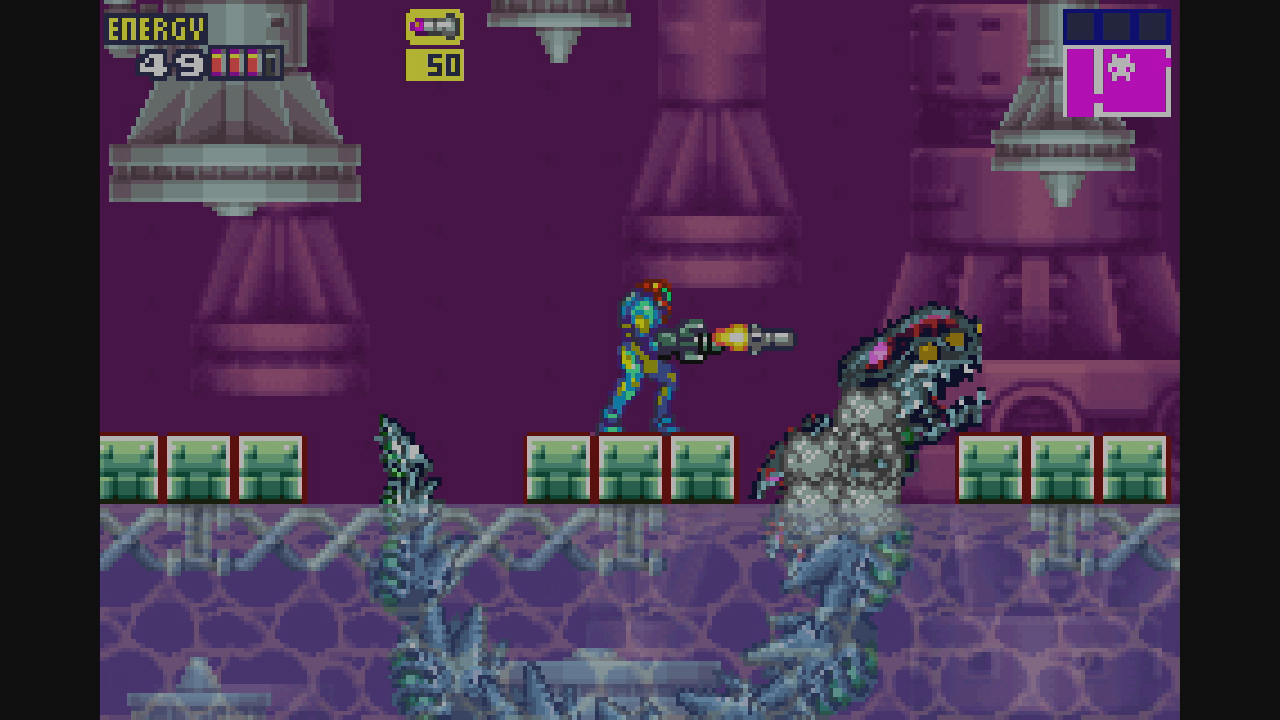
While Metroid laid the genre’s foundation in 1986, Castlevania carried it forward through consistent releases in the 2000s.
The term "Metroidvania" was first used to distinguish Castlevania: Symphony of the Night (1997) from the older, linear Castlevania games. It borrowed Metroid's item-based progression and open-ended exploration, but added RPG mechanics like leveling and gear.
Over time, “Metroidvania” became the label for any game with nonlinear maps, backtracking, and ability-gated progression.
Today, Metroidvanias remain one of the most beloved indie-friendly genres out there and deliver banger games like Animal Well and Ultros.
Battle Royale – PUBG: Battlegrounds

Though inspired by military simulation mods like ARMA, PlayerUnknown’s Battlegrounds (2017) set the template for modern battle royale games.
The genre borrows from survival games and last-man-standing rules. The name itself comes from the dystopian 2000 Japanese film Battle Royale.
It popularized mechanics like shrinking zones and scavenging. Fortnite added building-mechanics to the genre, Apex Legends added speed, but PUBG set the template.
You might not win, but the adrenaline rush is the same every time.
Monster Collection – Pokémon
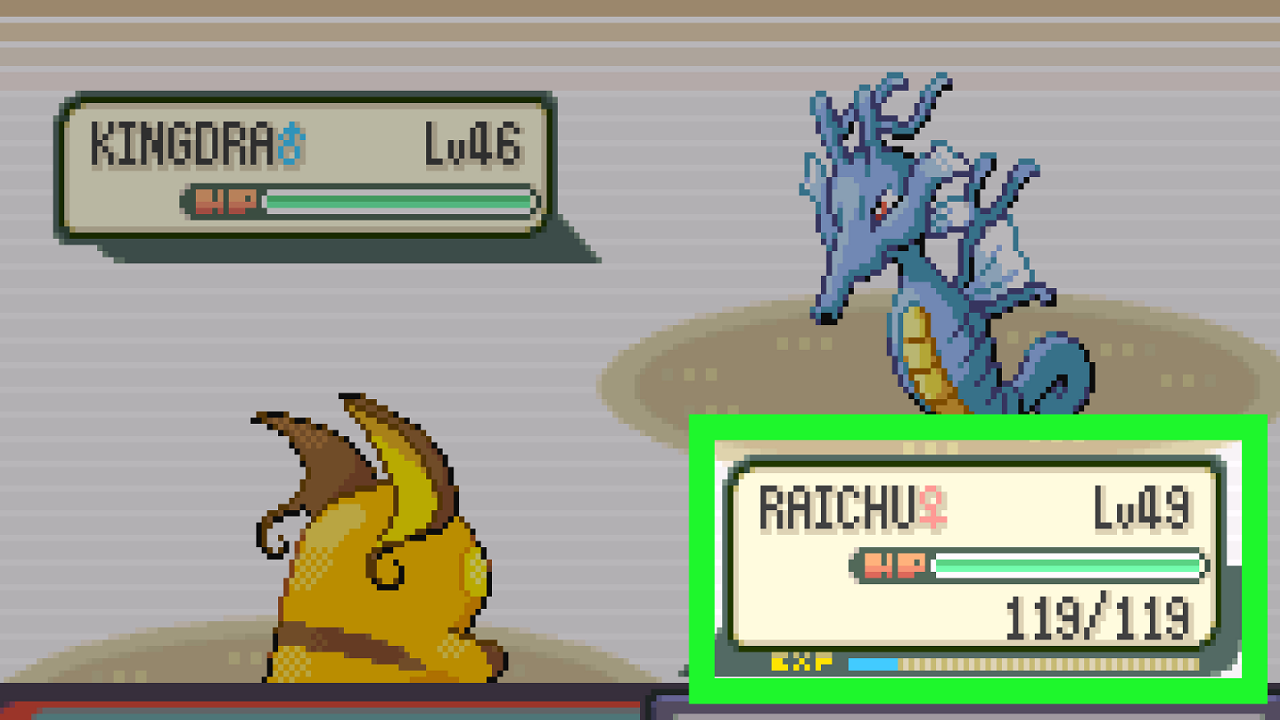
Gotta catch ‘em all!
It wasn’t the first game to implement team-building-mechanics and monster collecting – Shin Megami Tensei and Dragon Quest V came earlier – but it definitely made the biggest impact.
The genre continues to thrive with series like Digimon, Yo-Kai Watch, and indie takes like Temtem. The core loop (find creatures, train them, battle them) remains universally addictive.
First-Person Shooters – Doom
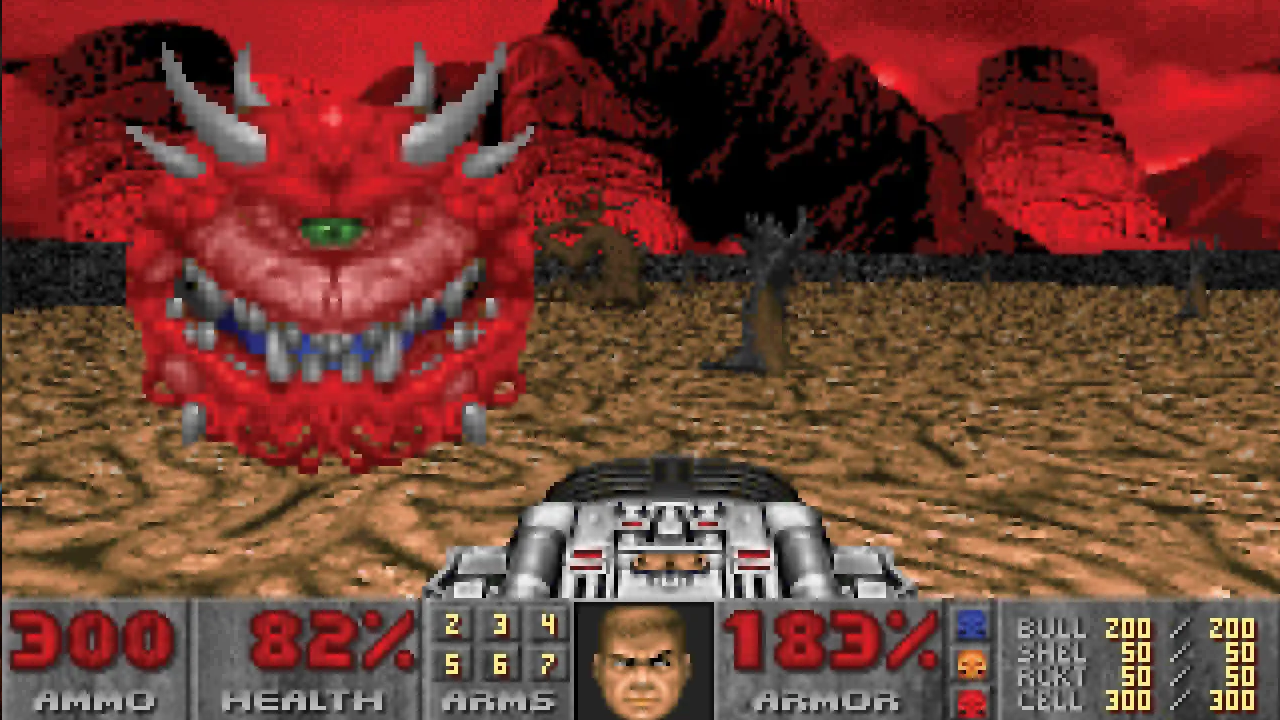
You can’t talk FPS without Doom.
Though Wolfenstein 3D (1992) laid the groundwork, it was DOOM (1993) that ignited the first-person shooter (FPS) explosion. Its influence was so big that early FPS games were often dubbed “DOOM clones.”
Shoot ‘Em Ups – Space Invaders
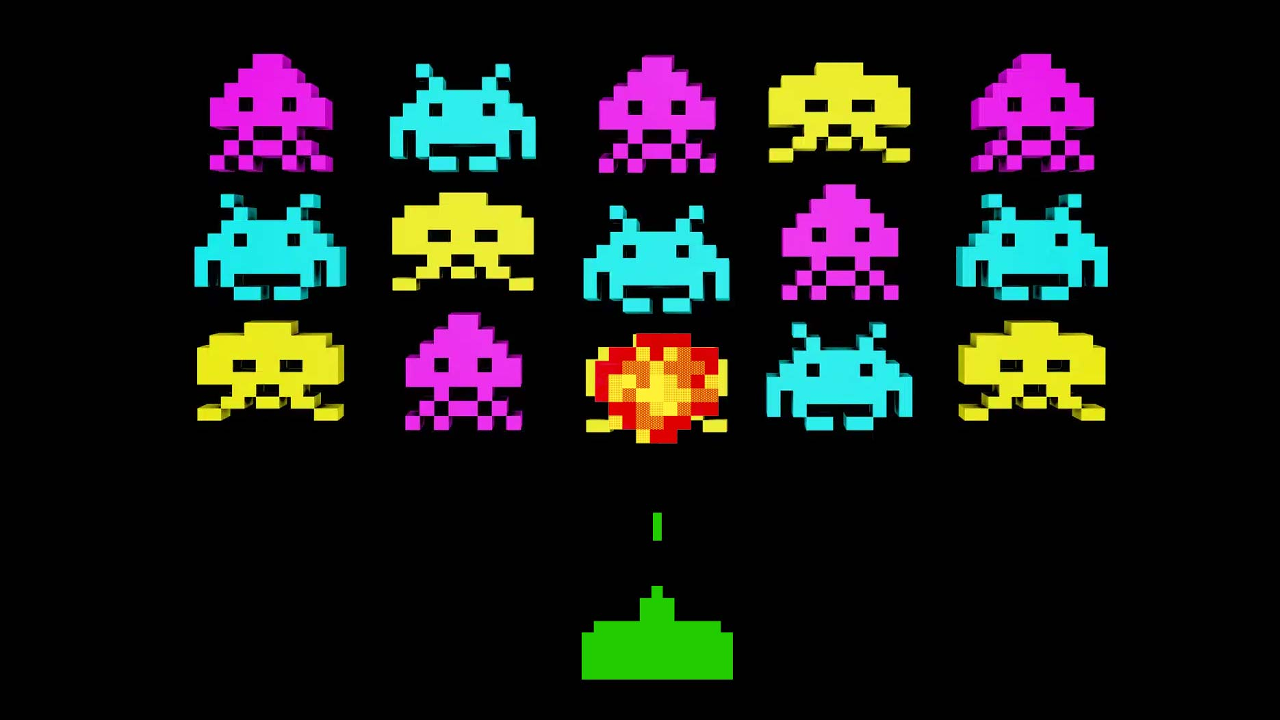
Space Invaders helped kick off the golden age of arcades and inspired countless shoot-em-up (or "shmup") games.
From side-scrollers like Gradius to chaotic “bullet hell” titles like Ikaruga and Touhou, the genre’s all about dodging patterns and testing reflexes.
Also: it’s responsible for those cute pixel-art enemies you see everywhere.
Survival Sandbox – Minecraft
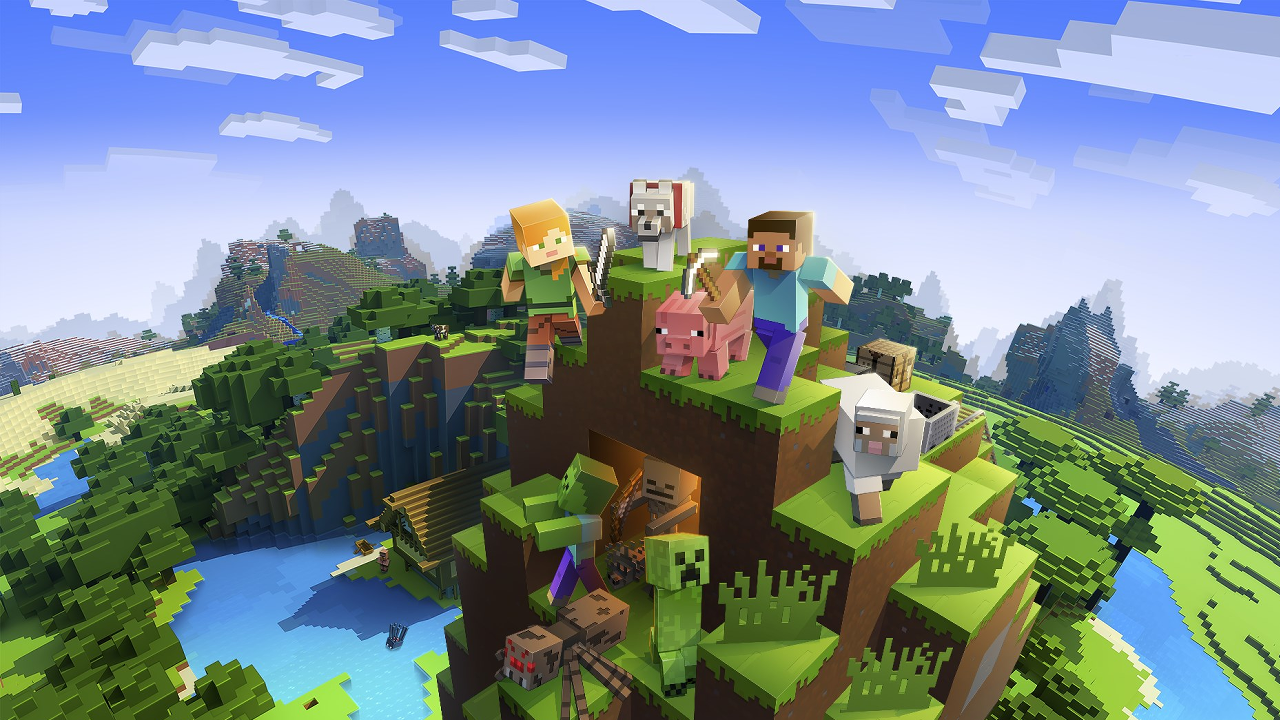
Minecraft (2009) turned an indie passion project into one of the best-selling games of all time.
The game is a genre-bending sandbox that redefined exploration and creation.
While many tried (and failed) to mimic its success, Minecraft inspired a generation of sandbox and survival titles that range from Terraria to Valheim and The Forest.
Did we forget your favorite genre? Let us know in the comments!























